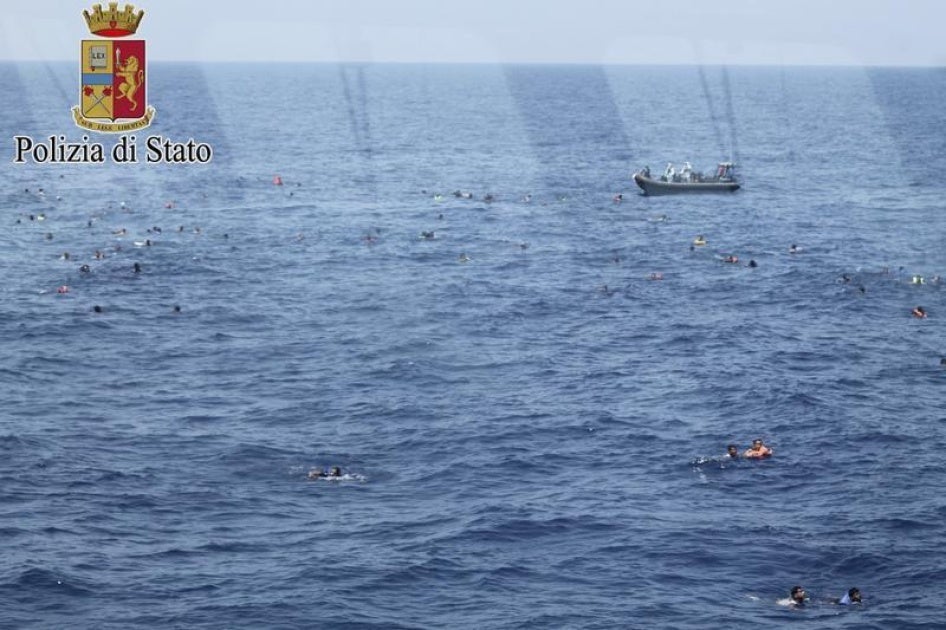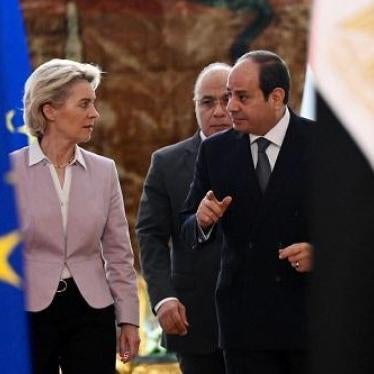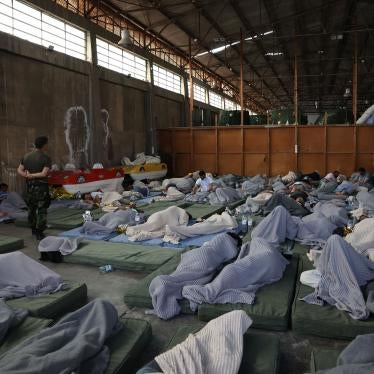Thankfully it has been a while since a major shipwreck in the Mediterranean, but the sinking yesterday off the Libyan coast is a reminder that people are still willing to risk their lives to reach the European Union.
According to the Italian Navy, 373 people were rescued, and 26 bodies were recovered from the shipwreck. With survivors saying the boat carried about 600 people, and rescue operations winding down, the final death toll may be much higher.
The incident is the biggest single catastrophe since April, when over 1,000 migrants died in the Mediterranean in a single week.
Stepped up EU search and rescue operations in the Mediterranean since April have made a difference, but the day before this latest shipwreck, the International Organization for Migration warned that over 2,000 people had died so far this year in the Mediterranean, most of them in the waters separating Libya and Italy.
To help minimize further deaths, the EU should sustain its search-and-rescue operations in the Mediterranean. Italian and Irish ships, as well as boats by privately funded Migrant Offshore Aid Station (MOAS) and the nongovernmental humanitarian group Doctors Without Borders participated in this week’s rescue. The response to this incident should be carefully evaluated to identify if anything went wrong, and how to ensure the swiftest, safest, and most effective response in the future.
But beyond rescue, the EU should establish and expand safe and legal channels into the EU – ways in which migrants, asylum seekers, and refugees can apply to reach EU territory without having to risk their lives or resort to criminal networks – as alternatives to dangerous migration routes. These can include facilitating family reunification, granting more humanitarian visas, and increasing significantly the number of refugees resettled from other regions of the world.










